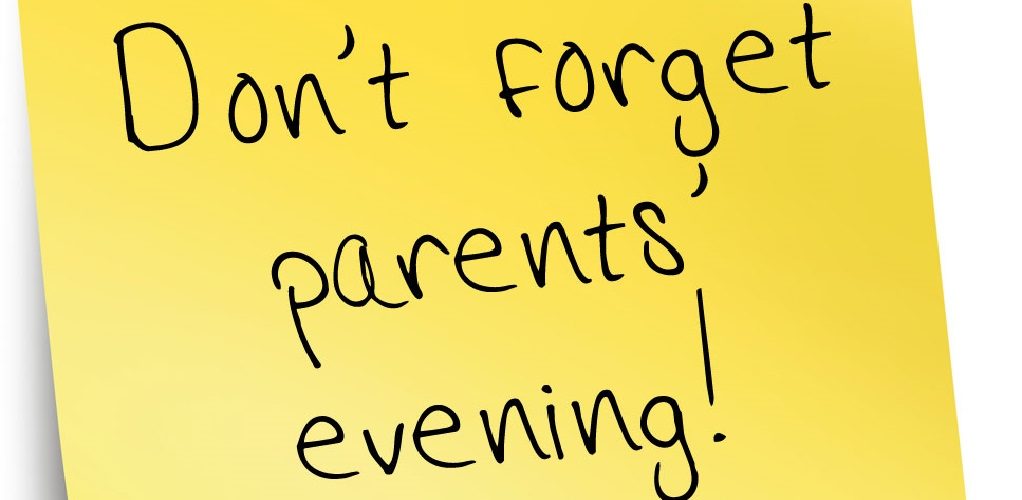Religion, Theology & Philospophy
At HAR we recognise the importance of powerful, rigorous and engaging content which can equip students with the knowledge and skills they need to answer deep and challenging questions around religion and life.
Further details of the curriculum can be found in the documents downloadable from the bottom of this page.
We aim to help students develop a better understanding of the role religions and cultures play in today’s pluralistic world. We want them to know how religious education promotes scholarship, wisdom and faith and enable real holistic growth and development for all our students.
We want them to love the exploration of religious wisdom. “All children need to acquire core knowledge and understanding of the beliefs and practices of the religions and worldviews which not only shape their history and culture but which guide their own development. The modern world needs young people who are sufficiently confident in their own beliefs and values that they can respect the religious and cultural differences of others, and contribute to a cohesive and compassionate society", Michael Gove, 2013.
Adopting a systematic (looking at the ‘truth’ of different world faiths and secular views) and thematic (looking at ultimate questions, key concepts and worldly issues) approach to our schemes of work provides a fundamental contribution to students’ knowledge of different dogmas and ideologies.
Critical thinking
The curriculum is designed to provide a rich and broad narrative, so that students are able to think critically for themselves, collaborate, and endeavour to search for their own truth, as lifelong learners. Our curriculum looks to encourage our students to value the opinions of others; not because they have been taught to do so, but because they have an academic understanding of the inherent nature of all human beings and their right to express their views.
Religion, Theology & Philosophy at HAR, plays a role in developing social cohesion and generating genuine understanding between communities reducing friction, intolerance and social unrest. The curriculum is designed in such a way to develop students spiritual, moral, social and cultural awareness.
Parental right to withdraw your child from RE
The right of parents to withdraw their children from religious education (RE) lessons is set out in section 71(1) of the School Standards and Framework Act 1998.
A parent of a student at an academy can request that their child is wholly or partly excused from receiving RE given in the school in accordance with the school’s basic curriculum.
Parents who withdraw their child from all or part of the school’s RE curriculum do not have to provide a reason. The school must comply with their request, although a school should ensure parents or carers are informed of this right and are aware of the educational objectives and content of the RE syllabus.
If students are withdrawn from RE, schools have a duty to supervise them, though not to provide additional teaching or to incur extra cost. Students will usually remain on school premises. Parents are not permitted to supervise their child during these lessons.
The rules that apply to withdrawing students from RE lessons do not apply to other lessons that look at religion. Therefore, a student cannot be withdrawn from any National Curriculum subject, even if they teach about religion, other than RE or some aspects of sex and relationship education (RSE).
If you think you would like to discuss withdrawing your child from RE lessons, please contact the school at info@harrisrainham.org.uk


















